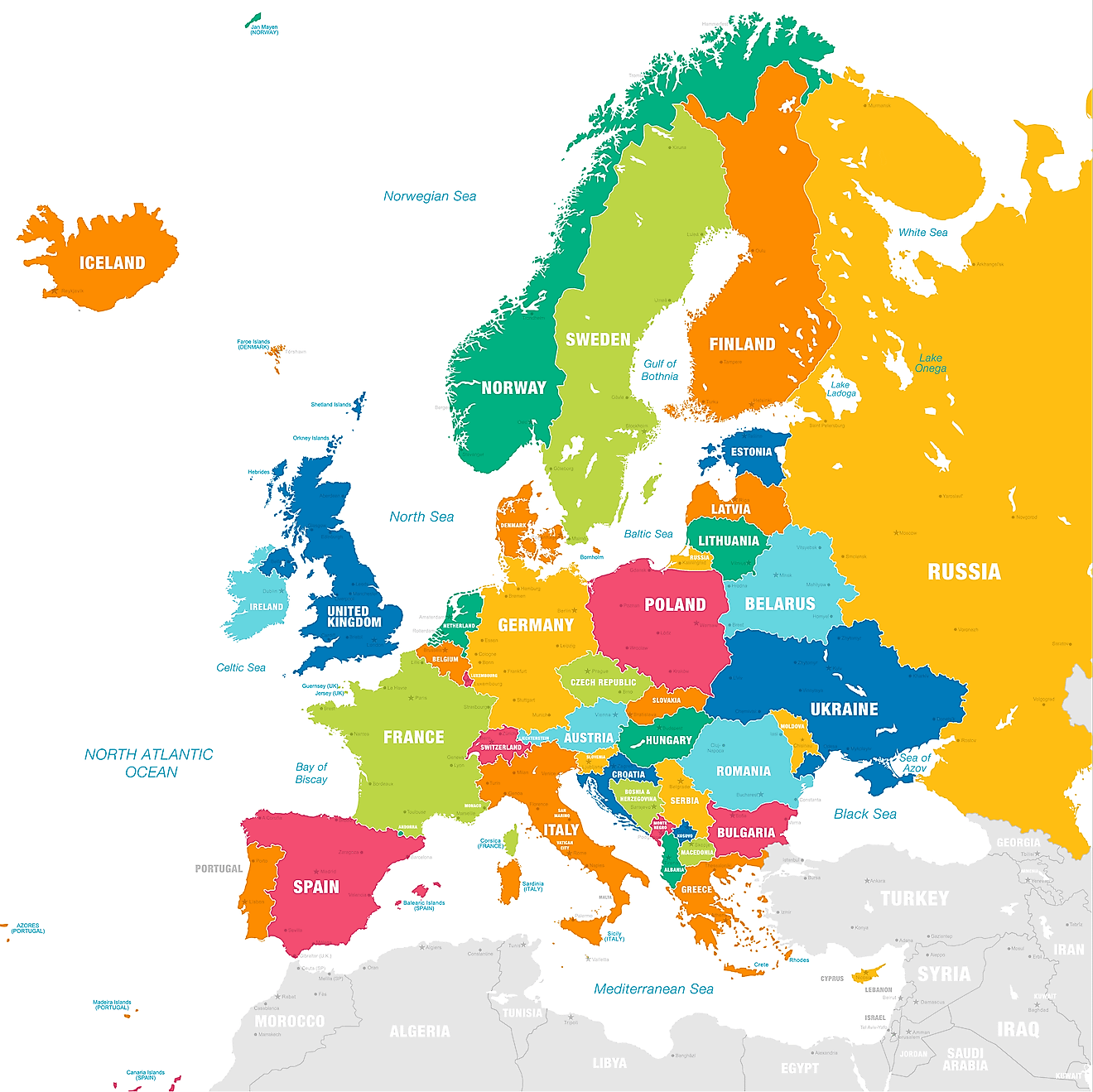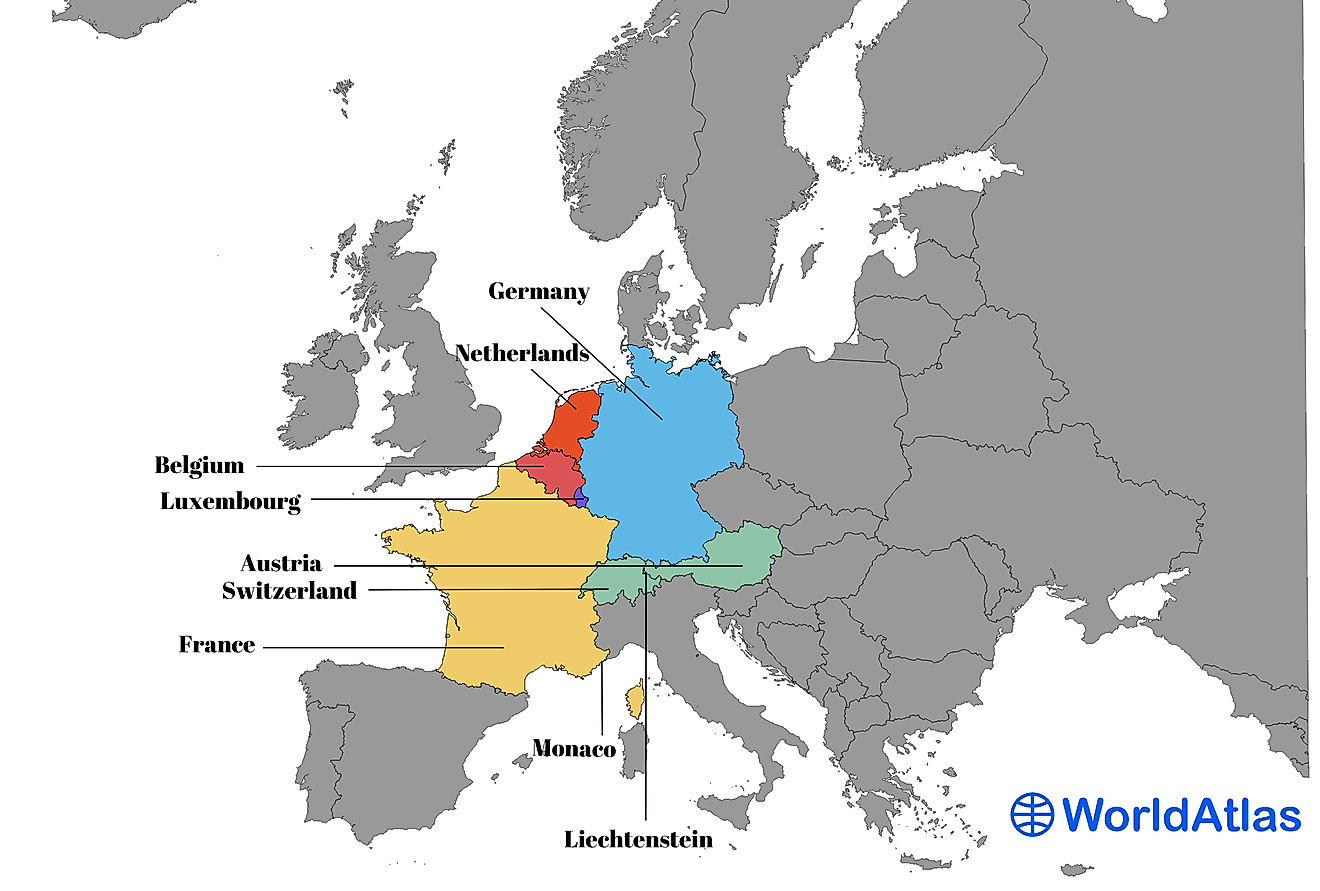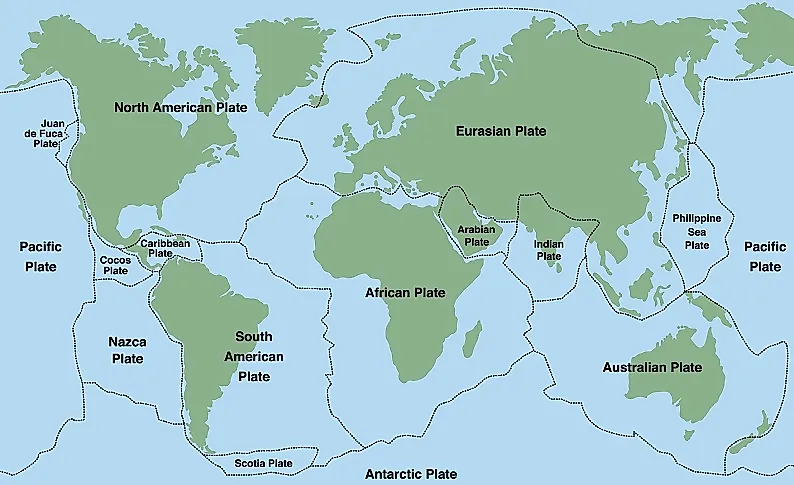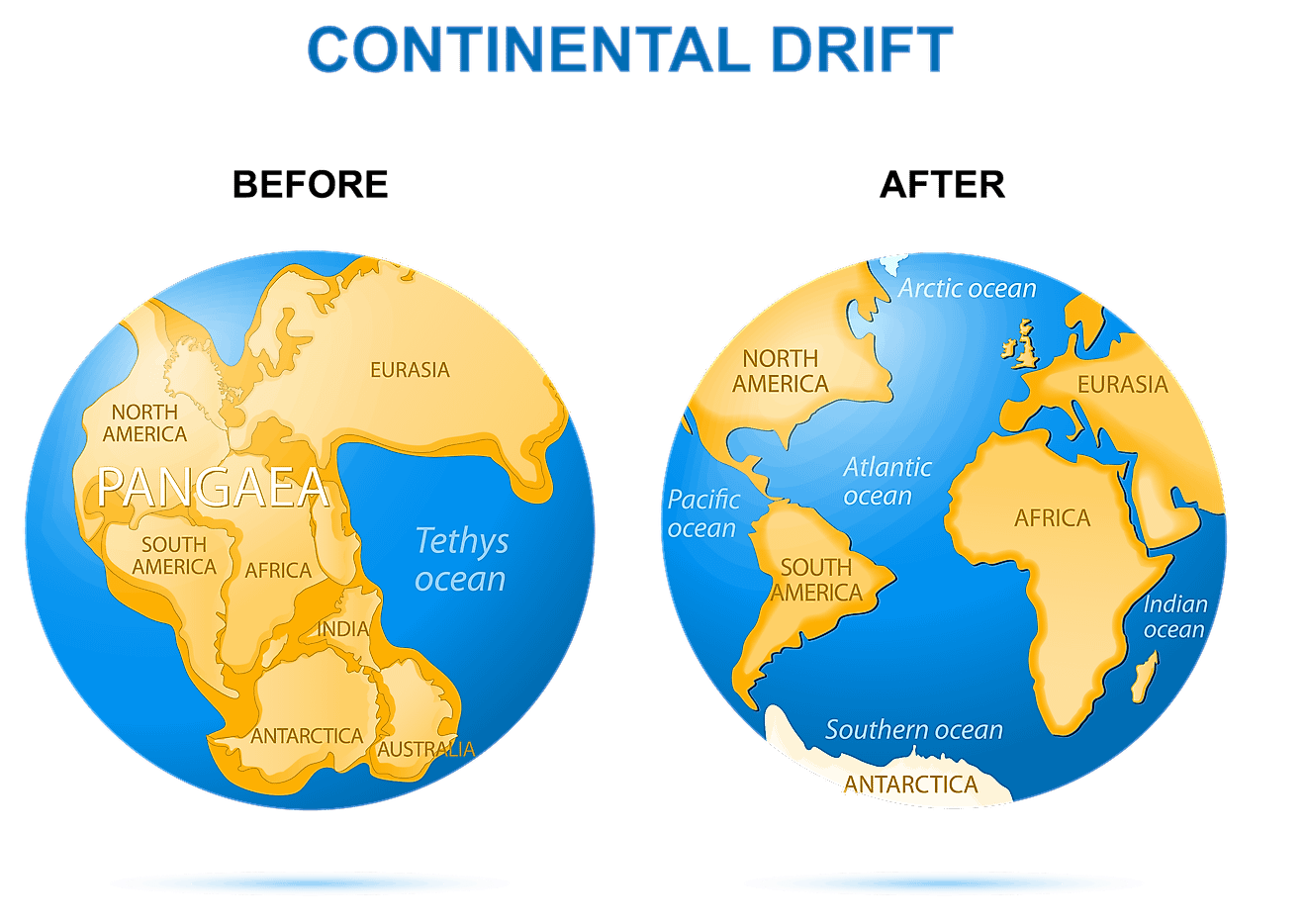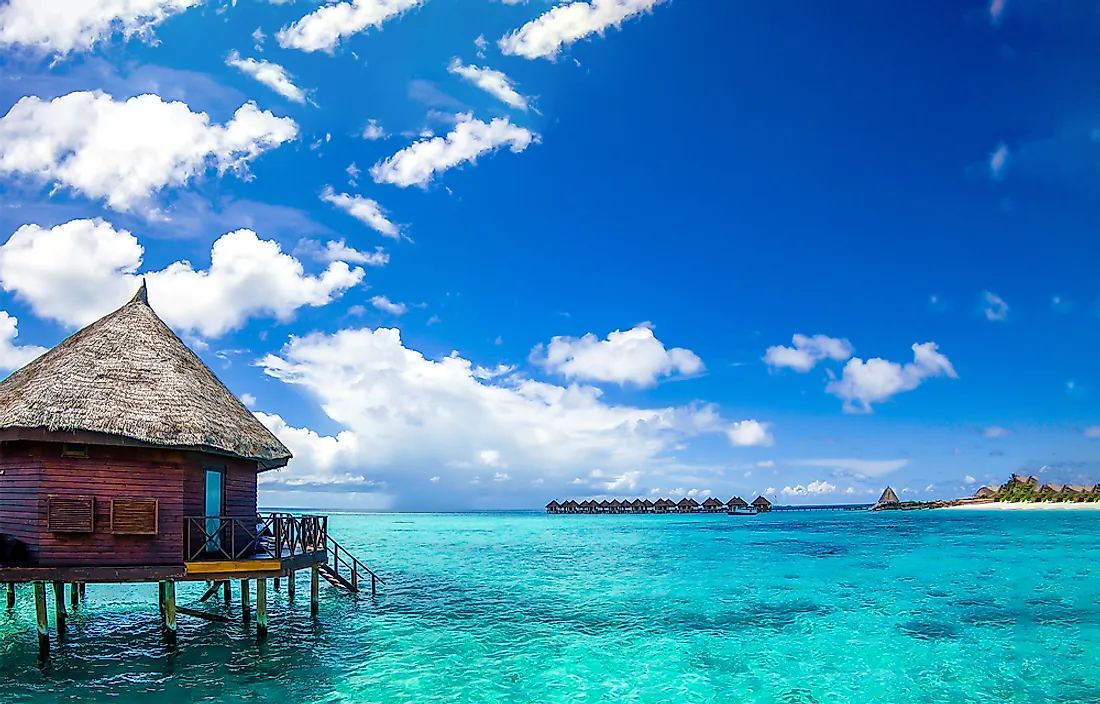
Countries That Start With The Letter Y
Out of the world's 195 countries, there is only one whose name starts with the letter "Y." However, even though "Y" starts the name of only one country in English, this same sound (/j/ in IPA) is used in roughly 90% of all languages! Additionally, in English, the "Y" sound appears in about 2.11% of all words. Yet, how Yemen ended up with its name and overall history is a fascinating journey, so keep reading to understand more about this unique place.
Yemen - The Only Country That Starts With The Letter "Y"
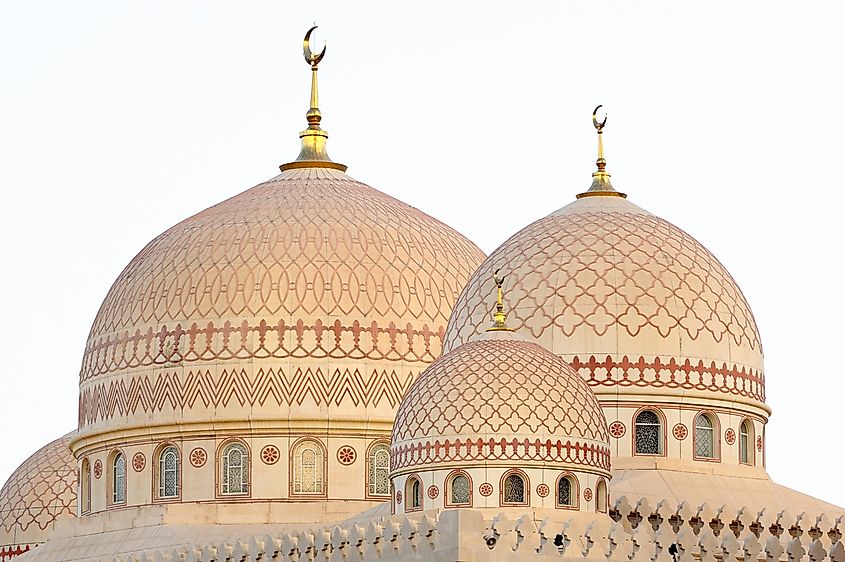
The origins of where Yemen gets its name are not entirely clear. The leading theory is that its name comes from the Arabic word "janub," meaning south. There are others who claim that Yemen gets its name from the Arabic words "yamn" or "yumn" which translates into blessed and felicity.
Yemen can be found on the southern tip of the Arabian Peninsula underneath Saudi Arabia and Oman. Yemen has a long and storied history along with a rich history to match. It is estimated that people have been living in what today is Yemen since 5000 BC.
History
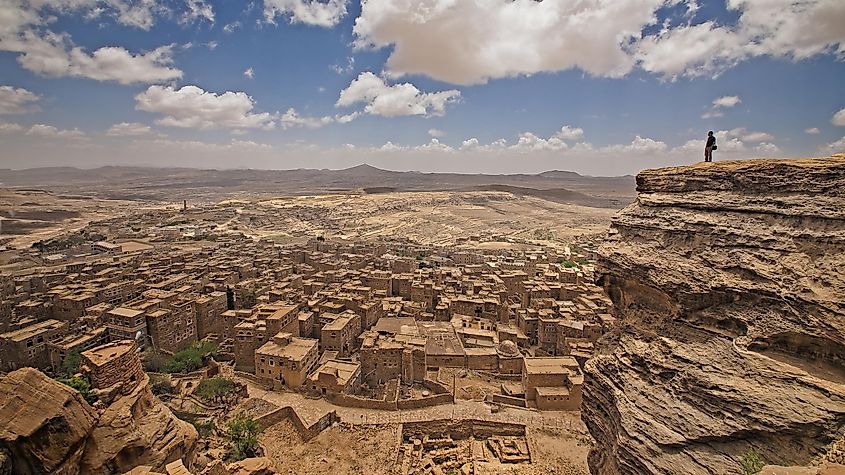
Pre-Islamic Yemen was controlled by a series of rich and powerful city-states that accrued their wealth by control of lucrative trade routes that traveled into the Levant, Egypt, and Persia. It was the production and sale of frankincense and myrrh that were the main driving forces behind these trade routes.
Yemen was quick to embrace Islam in the 7th century AD. It was a part of the first Caliphate under the rule of Abū Bakr but eventually broke away. This period was the beginning of a long trend of Yemeni resistance and hostility towards foreign rulers.
Yemen fell under Ottoman control in 1517, but they, too, would find the region nearly impossible to control directly. The region was often ruled by Yemenis who swore fealty to the Ottoman sultan, but in practice, the region was essentially independent. At the end of WWI, Yemen officially broke away and became independent.
Culture
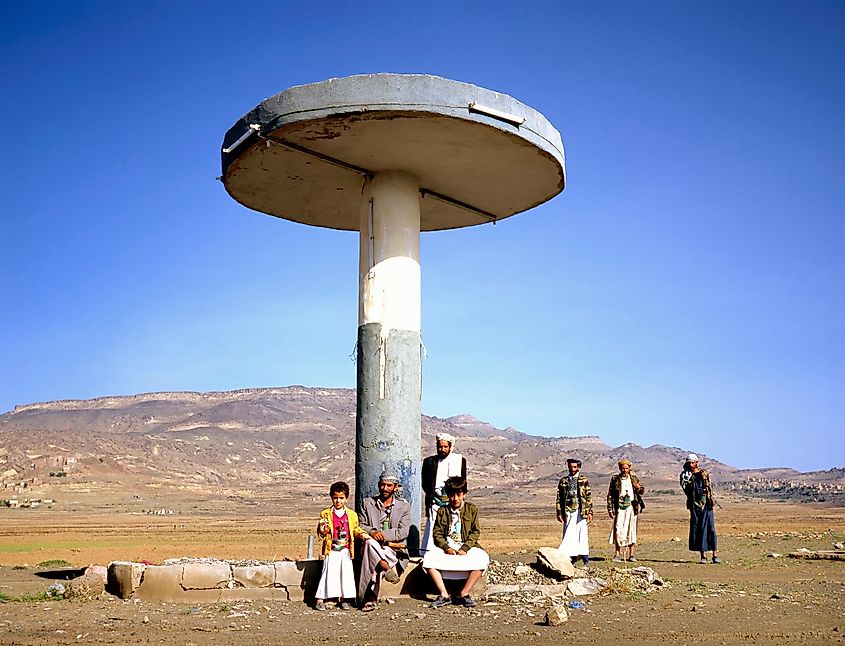
The people of Yemen have a deep culture that is chock full of various traditions that are unique to the country. Yemeni culture puts immense value on the family and clan. Similar to Oman, the tribal system still plays a significant part in daily life. Whom you live with, work with, and even marry tends to be someone within your own tribe.
The vast majority of Yemenis are Muslim. Islam is undoubtedly the largest cultural influence within the nation. Close to 100% of the population adheres to the Islamic faith, but this is split further between the two main sects. Roughly 60% of Yemeni Muslims are Sunni, whereas the remaining 40% are Shi'a.
The official national language of Yemen is Arabic, which is widely spoken in the area. Since Yemen is part of the Semitic language group, one local language used in communication is Mehri. The most common foreign language used is English.
Economy

Yemen is the poorest country in the Middle East. Its economy suffers greatly from a small gross domestic income of approximately 21.6 billion in current US dollars. The average annual salary of the residents of Yemen is about $2,213 when converted to USD. The state generates most of its revenue from the services of the people.
The agriculture sector and the industrial sector also contribute significantly to bringing revenue to the country. Yemen is also in the export and import business where it exports coffee, natural gas, and crude oil majorly and imports foodstuffs, livestock, and chemicals from other countries.
The conflict in Yemen has also been detrimental to any prospect of serious economic development. Beginning in 2014, Yemen has been engulfed in a brutal civil war that is still ongoing. Hopefully, the region can find peace and work together for a more prosperous future.
Final Thoughts
Yemen is an old country with a rich diversity of culture and tradition. The current political instability in the country is causing it to lose so much regarding revenue, income, and prosperity, and if not taken care of, the economy will deteriorate even further.


